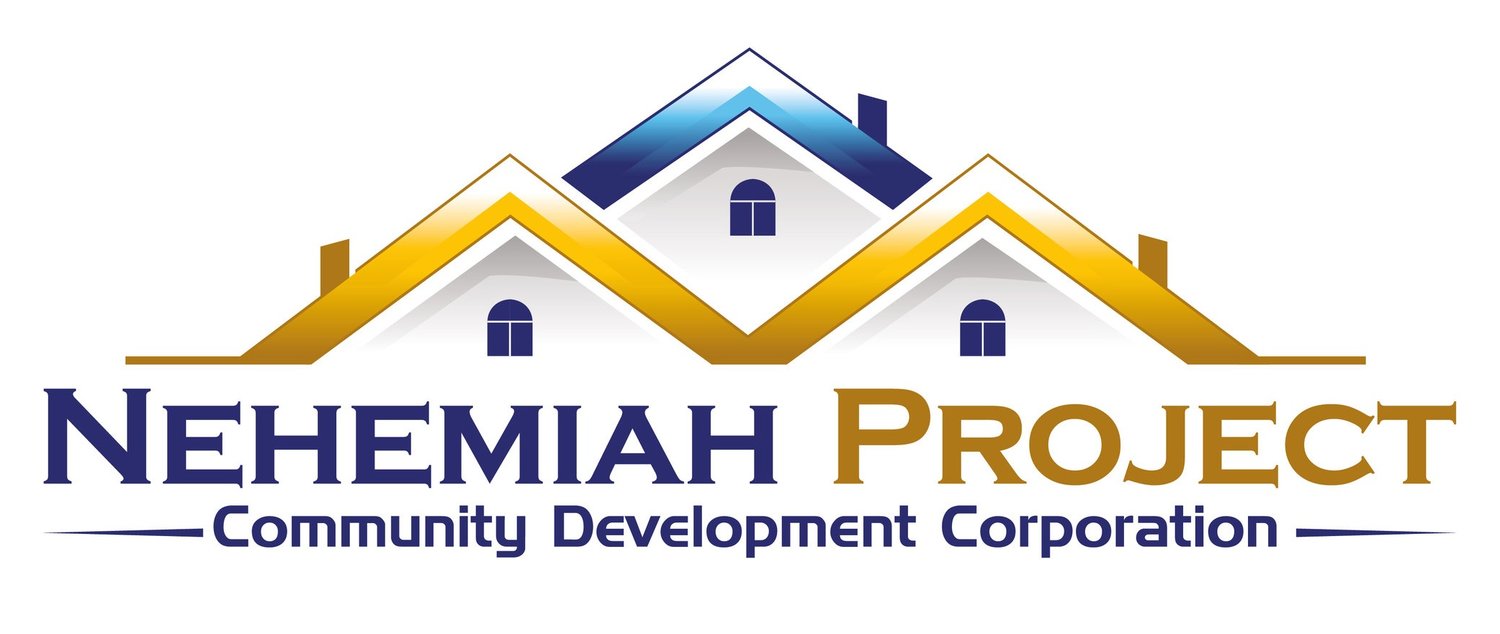Got Mold? What To Do If Your Rental Unit Needs Repairs
What’s New?
Georgia law has recently changed. Now, any place you rent to live in must be “fit for human habitation”. This means the unit must be decent for human beings to live in. The property must meet housing code requirements.
In addition, a landlord cannot disconnect your heat, air conditioning, power, or water while an eviction case is pending.
What’s Still True?
Your landlord must make repairs. However, you cannot legally refuse to pay rent even if your landlord is not making repairs. You can sue your landlord if they do not repair the property.
What does “fit for human habitation” mean?
Georgia law does not yet explain what this means. But it is safe to say that your home should be safe. Your home should at least have working utilities, proper ventilation, smoke detectors, an entrance and exit, a kitchen, solid walls and doors, and a working bathroom. Your home must meet basic health and safety housing code standards.
If you have to leave your home because it is not safe, you may be able to sue your landlord for “constructive eviction.”
If the home you are renting needs maintenance or repairs, tell your landlord in writing about the need for those repairs. You could write a letter, email, or text message. Keep a record of these communications and when they were made.
What if repairs are not made?
If you ask for repairs in writing and your landlord does not make them, you also have the following options:
Contact your local Housing Code Enforcement office for an inspection.
Pay for the repairs and subtract the cost from the rent if the landlord does not act in a reasonable time.
Give notice to the landlord, have the repair done by a reputable company, and get a receipt.
Pay for the repairs and sue your landlord to get your money back.
Sue your landlord for any harm you suffered because of their failure to repair.
This could include harm to furniture or personal belongings, cost of replacement food, medical expenses related to the problems with your home, or payment for the stress of living in a home with the repair problems.
Keep receipts and records of your costs for your landlord’s failure to repair.
If your landlord files an eviction case against you, you can countersue your landlord for damage to your property or injuries you suffered because of the failure to repair.
Questions?
If you have questions about the maintenance and repair issues with your home, you may contact Atlanta Legal Aid at (404) 524-5811 or atlantalegalaid.org/get-help/ or Atlanta Volunteer Lawyers Foundation at (404) 521-0790 or avlf.org/get-help/.
If you live outside the 5-county metro Atlanta area, contact Georgia Legal Services Program at (833) 457-7529 or glsp.org/need-help/ to talk to someone about your specific situation.
The information in this document has been prepared by HouseATL for informational purposes only and is not legal advice. This information is not intended to create, and receipt of it does not constitute, an attorney-client relationship. You should not act upon any information without retaining professional legal counsel.
Click here to view the original article: Got Mold? What To Do If Your Rental Unit Needs Repairs
